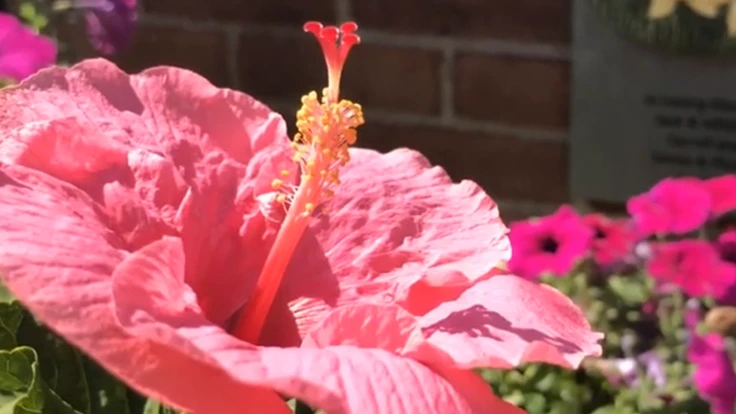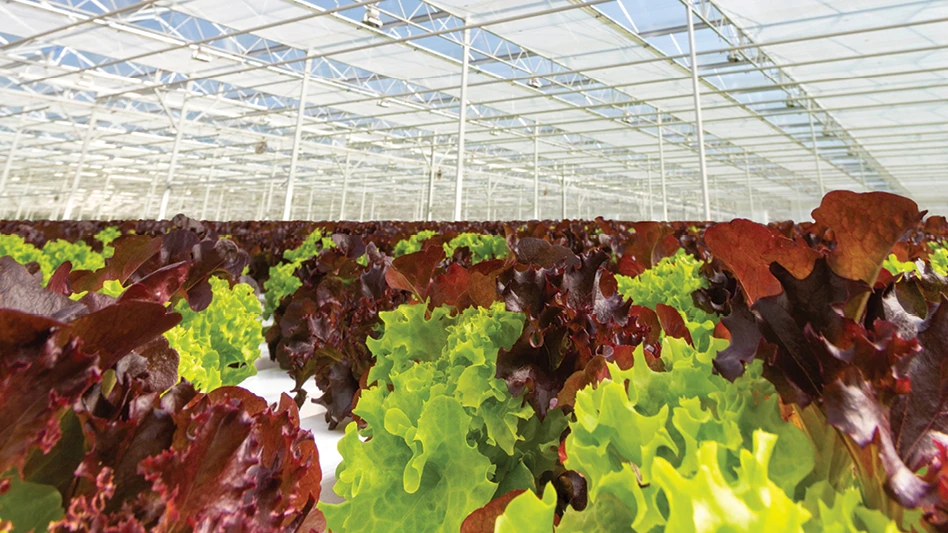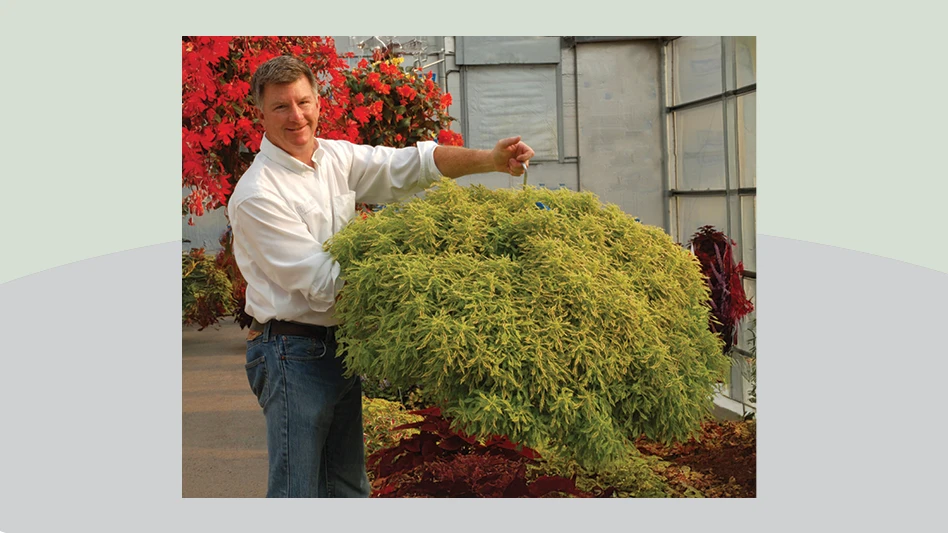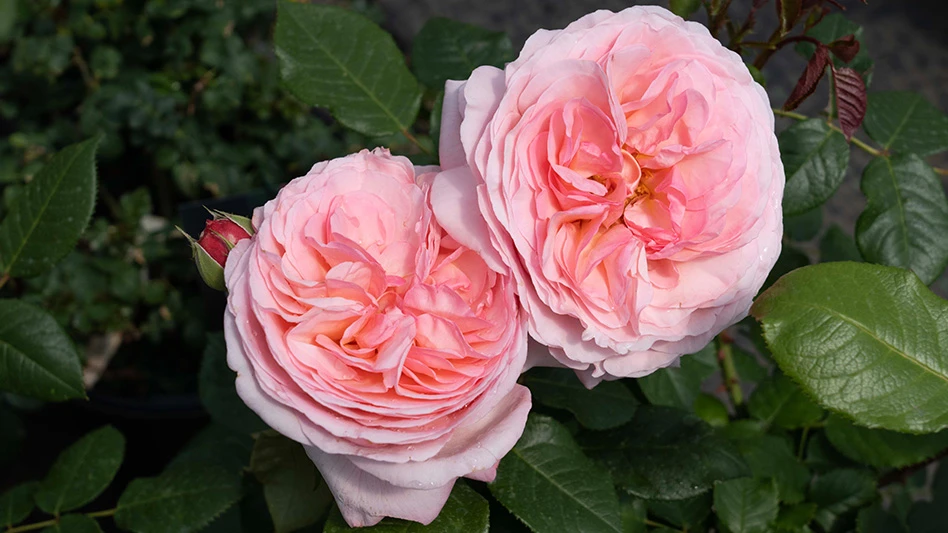
Photo courtesy of NGB
The three winning gardens are:
Magee Rehabilitation Hospital, Philadelphia, Pennsylvania; First place vote-recipient; winner of a $3,000 grant.
Opened in 1958, Magee Rehabilitation Hospital is a non-profit, 80-bed hospital providing physical and cognitive rehabilitation services to Philadelphia and surrounding communities. The treatments they provide are supported entirely by donations and grant funding and stand out in their significant contribution to patients’ overall well-being.
Horticultural Therapy improves the physical, cognitive and emotional wellness of patients recovering from devastating and disabling injuries and diseases including spinal cord injury, brain injury, stroke, amputation, severe orthopedic injury and neurological disorders.
The Horticultural Therapy Program at Magee takes place in the Creative Therapy Center and Healing Gardens on Magee’s sixthfloor rooftop, which includes outdoor gardens, fountains, wheelchair accessible planters, and a fully equipped greenhouse. Patients and loved ones are able to escape to a rooftop oasis to soak in the sunlight and breathe fresh air. This space encourages a connection to nature; a naturally healing aspect that is typically absent from the hospital realm.
Opportunity Knocks, Knockout Farm, Maywood, Illinois; Second place vote-recipient; winner of a $1,000 grant.
Opportunity Knocks (OK) enriches life and community for teens and young adults with intellectual and developmental disabilities (IDD). OK supports their patrons as they live, work, learn, grow and connect within their community through after work/after school and adult day programming as well as an umbrella of social enterprise operations that provide meaningful, paid employment to participants and provide supplemental revenue to the mission.
This grant will support the Knockout Farm (the Farm), one of three social enterprise operations at OK. The Farm is a handicap accessible urban farm that provides an experiential learning environment that incorporates important wellness initiatives within programming, supports participant-run social enterprises and creates a variety of opportunities for community engagement. Farm activities are directly incorporated into weekly programming and offer numerous avenues for participants to learn and cultivate physical, mental and emotional wellness.
Wilmot Botanical Garden, Gainesville, Florida; Third place vote-recipient; winner of a $1,000 grant.
The therapeutic horticulture (TH) program at Wilmot Botanical Gardens (WBG) takes place inside an accessible greenhouse, outside in raised beds, and throughout five acres of gardens. The program serves those with medical challenges and other special needs, as well as students, volunteers, and caregivers. The program operates on the principle that active connections with plants and nature are restorative, provide profound therapeutic benefits, and enhance quality of life. Within the greenhouse and garden environments, program goals include decreasing psychological stress, anxiety, depressive symptomatology, and mental fatigue, while increasing confidence, self-esteem, self-efficacy, social interaction, and connection to community. This structured program is designed to maximize freedom in creative expression as well as teach horticulture skills that can be transferred to the home environment. In essence, the therapeutic horticulture program seeks to help people increase quality of life by providing a verdant healing environment, abundant creative opportunities, and caring staff and volunteer support.
Latest from Greenhouse Management
- North Carolina Nursery & Landscape Association announces new executive vice president
- Plant Development Services, Inc. unveils plant varieties debuting in 2025
- Promo kit available to celebrate first National Wave Day on May 3
- Applications now open for American Floral Endowment graduate scholarships
- Endless Summer Hydrangeas celebrates 20 years with community plantings
- Invest in silver
- Garden Center magazine announces dates for 2025 Garden Center Conference & Expo
- USDA launches $2 billion in aid for floriculture growers





